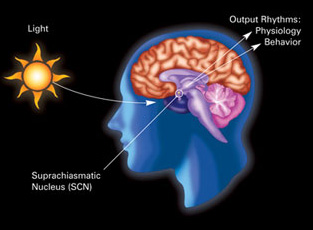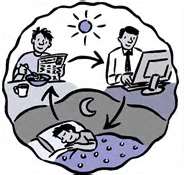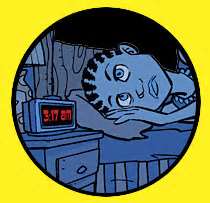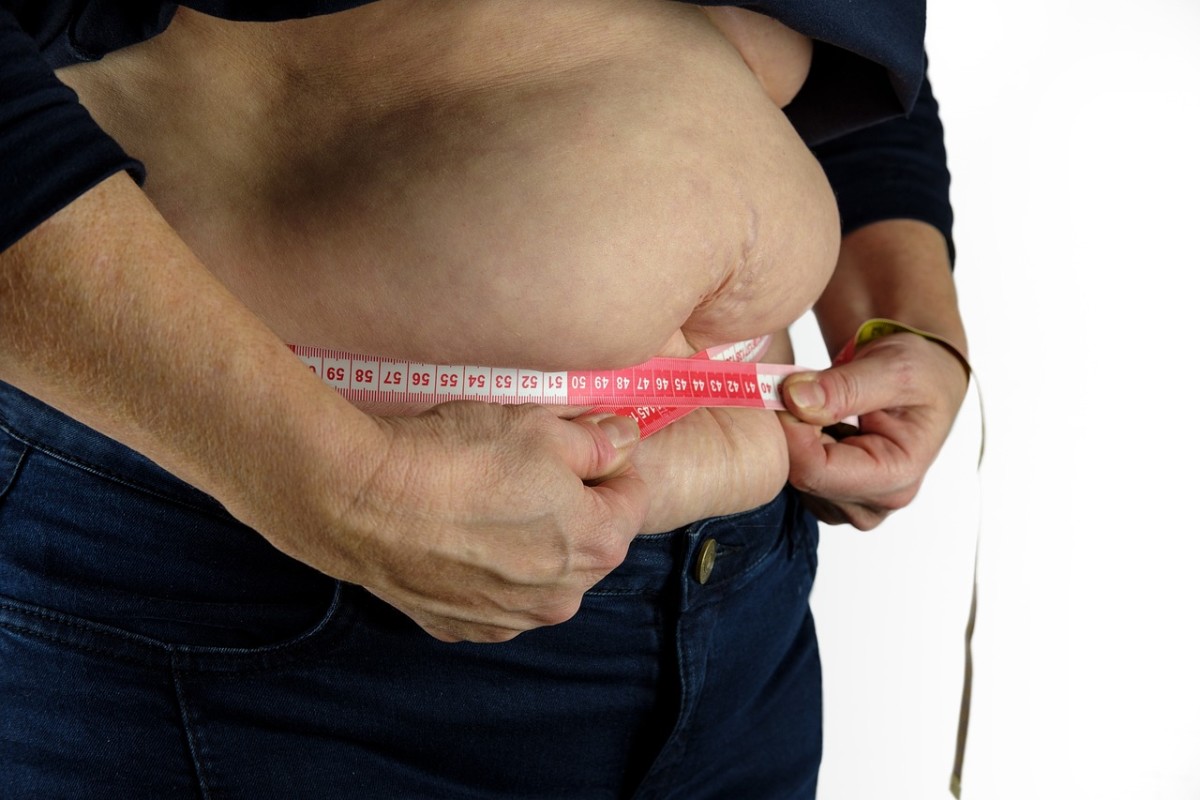Lose weight Get More Sleep and Improve your Circadian Rhythm
Circadian Rhythm and Day and Night

The Circadian Rhythm
All living beings are dictated by an internal biological clock that dictates our circadian Our circadian rhythm runs on a 24 hour cycle and regulates many of our physiological functions, including our metabolism. The disruption of our circadian rhythm can occur from poor sleeping habits, depression, cancer, and metabolic disorders.
From plants and algae to single celled microorganisms to all creatures big and small, are undeniably connected to nature by our circadian rhythms which is dictated mostly by daylight, darkness and temperatures. When any of these are interrupted, our eating patterns can be also.
William Ogle in 1866, was the first to observe circadian rhythms in human beings by noting that there were variations in a person’s body temperature depending on whether it is day or night. In more recent times, it was discovered how circadian rhythms affects many more other physiological aspects, such as hormone productions, sleep cycles, memory and performance.
Environment and Circadian Rhythm
Our body clock is a group of about 20,000 nerve cells in the hypothalamus in the brain, located just above the optic nerves near the eyes. This group of cells is called suprachiasmatic nucleus, (SCN). This group of cells is very small, about the size of a pair of pinheads.
A lot of what science understands about genetics and our natural clock regulation has come from studying the fruit fly.
Our circadian rhythm programs our biological systems that helps us live in harmony with the cycles of nature, including day and night, and seasonal changes too. There are two general types of biological cycles.
- exogenous rhythms which are produced as a direct result of external influences from our surroundings and environmental cues.
- endogenous rhythms are produced by an organism itself. They are generated internally. An example of this, would be our body temperature. No matter what goes on in our environment, our body maintains the same body temperature.
When there is a conflict between our internal clock and the nature’s clock, it is called desynchronization and affects our biological cycle by making it go out of sync.
Many studies have been done on people to learn about the circadian rhythm and our body clock. Our daily cycle is closely linked to brain wave activity, cell regeneration, production of our hormones and other natural chemicals.
Circadian rhythms are influenced by signals from the environment, of which light is the biggest component that makes up our internal clock. Our body is affected by our sleep and awake cycles, by our hormone production, our body temperature, heart rate, blood pressure, and many other bodily functions. An abnormal cycle affects us physically and mentally. Our weight, diabetes, psychological conditions such as depression, bipolar disorder,seasonal affective disorder and other psychological disorders are all affected by our circadian rhythm. And all of these conditions are correlated to weight gain.
Sleep - Wake Cycles and Weight Gain

Being Synchronized With Nature
Our body clock is a group of about 20,000 nerve cells in the hypothalamus in the brain, located just above the optic nerves near the eyes. This group of cells is called suprachiasmatic nucleus, (SCN). This group of cells is very small, about the size of a pair of pinheads.
A lot of what science understands about genetics and our natural clock regulation has come from studying the fruit fly.
Our circadian rhythm programs our biological systems that helps us live in harmony with the cycles of nature, including day and night, and seasonal changes too. There are two general types of biological cycles.
- exogenous rhythms which are produced as a direct result of external influences from our surroundings and environmental cues.
- endogenous rhythms are produced by an organism itself. They are generated internally. An example of this, would be our body temperature. No matter what goes on in our environment, our body maintains the same body temperature.
When there is a conflict between our internal clock and the nature’s clock, it is called desynchronization and affects our biological cycle by making it go out of sync.
Many studies have been done on people to learn about the circadian rhythm and our body clock. Our daily cycle is closely linked to brain wave activity, cell regeneration, production of our hormones and other natural chemicals.
Circadian rhythms are influenced by signals from the environment, of which light is the biggest component that makes up our internal clock. Our body is affected by our sleep and awake cycles, by our hormone production, our body temperature, heart rate, blood pressure, and many other bodily functions. An abnormal cycle affects us physically and mentally. Our weight, diabetes, psychological conditions such as depression, bipolar disorder, seasonal affective disorder and other psychological disorders are all affected by our circadian rhythm. And all of these conditions are correlated to weight gain.
Weight Loss and Circadian Rhythm
Weight Gain and the Internal Clock
In order to function optimally, we need to respect our internal clock. Our hectic schedules often create an imbalance between our biological clock and our weekly schedules. An easy way to tell if our internal clock is out of sync with our daily schedule is if you need an alarm clock to wake you up each day. If we are not getting enough rest, we may be predisposing ourselves to gaining weight, in addition to other medical problems. Often people who do not get enough sleep during the week, try to compensate by getting more sleep on the weekend.
Other studies have also correlated a higher BMI (body mass index), to those with irregular sleeping patterns and were sleep deprived. Many studies have uncovered a higher rate of obesity, increased chance of getting diabetes, and other chronic medical conditions. Our social and work schedules disrupt our circadian rhythm. When we interfere with our biological clock, we also interfere with our metabolism, and eating irregularly. When our digestion is not working optimally, we may have the tendency to gain more weight.
The more closely we match our individual circadian rhythm to our schedules, the more rested we will feel, making us better fit and more productive overall. When we sacrifice what our body naturally needs for societal demands, we pay a price in many ways.
It is within our natural cycle to sleep when it is dark and wake when it is light. People who tend to be night owls, and have to wake up early for work, tend to be more sleep deprived.
Sleep Deprivation and Weight Gain
If you wake up on your own or your alarm clock wakes you up, it may signal you are sleep deprived. When our weekday schedule causes us to lose more sleep than our weekend schedule, our circadian rhythm may be out of sync. An occasional loss of sleep will not affect weight, but scientists believe that over time, a regular loss of sleep may affect weight and cause other health problems.
Many previous studies have linked a higher BMI to irregular sleep patterns or sleep deprivation. There also seems to be a higher rate of diabetes and a greater possibility of being obese among people who work at night and sleep during the day.
When our weekday schedules vary greatly from our weekday schedules, it can wreak havoc with our body’s natural needs. When our sleep habits are thrown off, it can also affect when we eat and how we digest our food. This can affect our body fat ration and make it easier to become overweight.
Whether or not we are physically active and how much food we take in, is directly correlated to weight gain or weight loss. Our metabolism may be greatly affected in industrialized nations, by artificial work, night time work, jet lag, and sleep deprivation for the idea of doing other things we deem more important than sleeping.
Using human studies in research labs that set up a simulated and controlled environment to mimic jet lag and shift workers lack of sleep, genetics revealed that our circadian rhythm is programmed by a kind of feedback loop that rotates in a 24 hour cycle.
In mice, it was found that being overweight and consuming more fat in the diet, affected the circadian rhythm. So it may appear that there is a negative cycle set in motion, when throw off our circadian rhythm. Sleep deprivation alters our circadian rhythm, which causes us to gain weight. Being overweight throws off the circadian rhythm, which can affect our sleep pattern.
It is our biological clock that regulates our sleep, making us feel tired at night and wakeful during the day.
Getting Enough Sleep is Important to Weight Loss

Each Organ May Have Its Own Internal Clock
Research is also showing that each of our organs contain cells that have their own circadian clock that helps our body process and work at maximum efficiency based on certain times of the day.
New research is leading scientists to believe that a disruption in the circadian clock, not only affects weight gain and moods, but can increase the possibility of heart and liver problems. A biology professor and director of Centre for Sleep and Circadian Biology at Northwestern University, in Evanston, Illonois, found that a disturbance in the 24 hour cycle can cause a disturbance in the functioning of tissues within major organs.
It used to be thought that the brain controlled all the signals to the organs and told each what to do. Scientists recently discovered that there are a kind of clock genes in the cell of different organs, that the brain helps orchestrate, but doesn’t control. They now believe that each organ has its own internal clock that produces enzymes and molecules at various levels according to the time of day it is. The brain makes sure all the clocks are synchronized. Problems arise when there is no coordination.
An example would be if the pancreas is not coordinated with the liver, then insulin production would be too high.
By normalizing our circadian rhythm, cells may be able to prevent or treat many conditions such as obesity, diabetes, and some other biological issues that arise from being out of sync with nature’s rotation of the Earth.
Researchers are studying whether there is a ‘‘best’’ time of day to eat to gain less weight.
They are finding that there may definitely be a relationship to how the body handles fat and sugar and how the clock genes influence our metabolism.
Sleep and Weight Control

Getting Enough Sleep is Important
, closer to seven to eight hours a night, waking up the same time each day, whether it is weekdays or weekends, will help keep our circadian rhythm on the right track. Science is studying how to get the individual organs back in sync, but has no answers yet, although they are looking a new treatments that may help.









